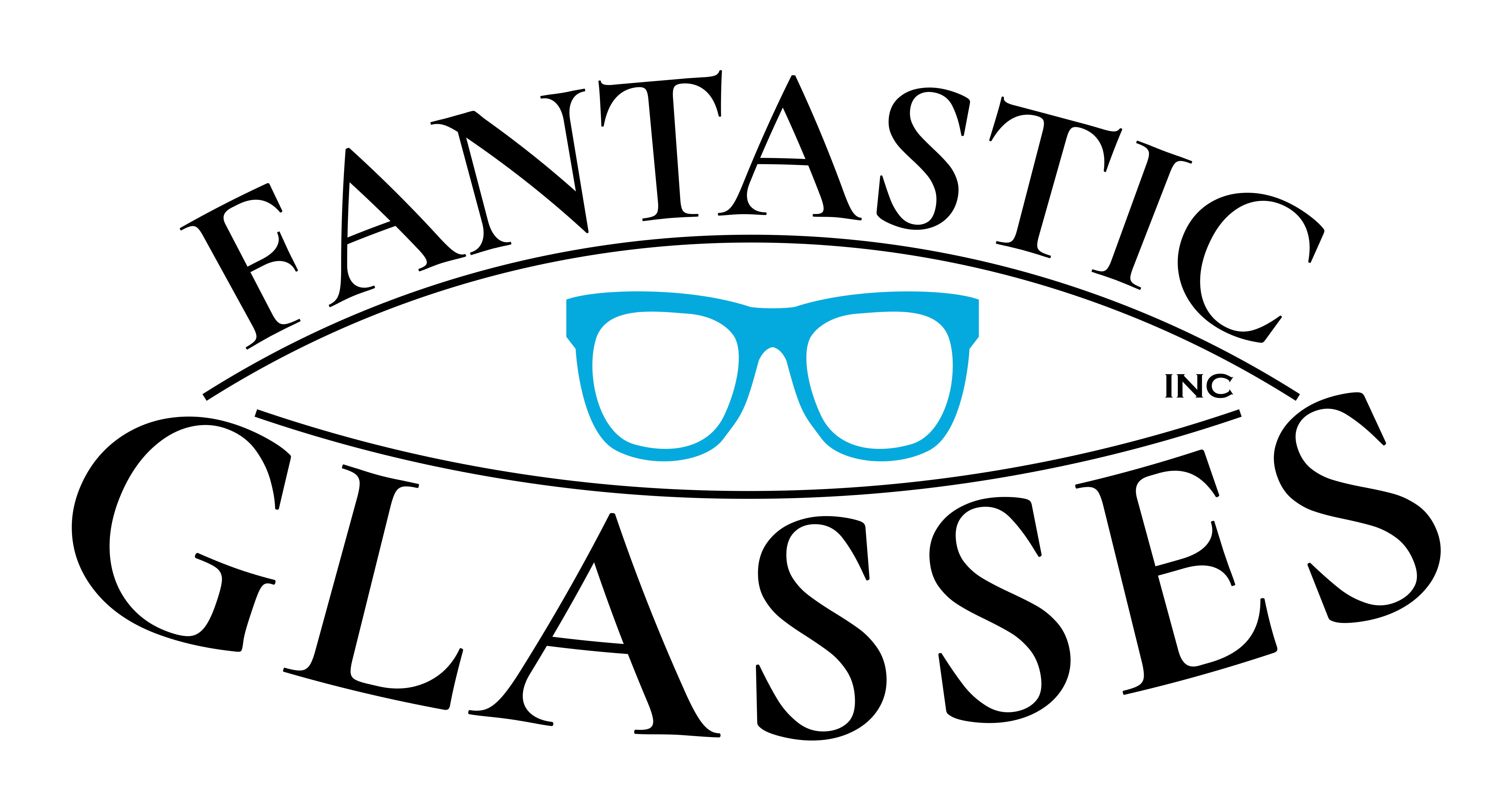The Impact of Blue Light on Sleep: How Screen Time Affects Rest and Circadian Rhythms
In today’s digital age, it’s hard to imagine a life without screens. We use them for work, entertainment, communication, and so much more. However, the constant exposure to blue light emitted by these devices has raised concerns about its impact on our sleep patterns. Blue light, in particular, has been shown to affect our circadian rhythms, making it increasingly difficult to get a good night’s rest.
What is Blue Light?
Blue light is a type of high-energy visible (HEV) radiation with a wavelength of around 400-450 nanometers. It’s emitted by electronic devices such as smartphones, tablets, computers, and televisions. Prolonged exposure to blue light has been linked to various health issues, including:
1. Digital Eye Fatigue: Blue light can cause eye strain, dryness, and irritation.
2. Sleep Disturbances: The suppression of melatonin production can disrupt sleep patterns and reduce the quality of rest.
3. Mood Changes: Exposure to blue light has been linked to increased risk of depression, anxiety, and attention deficit hyperactivity disorder (ADHD).
How Does Blue Light Affect Sleep?
When we’re exposed to blue light in the evening, it can trick our brains into thinking it’s still daytime. This suppresses the production of melatonin, the hormone responsible for regulating our sleep-wake cycles. As a result:
1. Delayed Onset of Melatonin: The normal release of melatonin is delayed, making it harder to fall asleep.
2. Reduced Sleep Quality: Blue light exposure can lead to lighter, less restorative sleep.
3. Increased Risk of Insomnia: Prolonged blue light exposure can contribute to chronic insomnia and other sleep disorders.
The Science Behind the Impact
Studies have consistently shown that blue light exposure in the evening can significantly impact our sleep patterns. For example:
1. A study published in the journal Sleep Health found that participants who used e-readers for 4 hours before bedtime had a 58% reduction in melatonin levels compared to those who didn’t use e-readers.
2. Another study published in the Journal of Clinical Sleep Medicine discovered that exposure to blue light from smartphones and tablets reduced melatonin production by 50-70%.
What Can You Do to Minimize the Impact?
Fortunately, there are simple steps you can take to reduce the impact of blue light on your sleep:
1. Use Blue Light Filters: Many devices and apps offer built-in blue light filters or software that adjusts the color temperature of screens.
2. Dim the Screen Brightness: Lowering the screen brightness can help reduce blue light exposure.
3. Avoid Screens for 30 Minutes Before Bed: Try to avoid screens for at least 30 minutes before bedtime to allow your body to produce melatonin naturally.
4. Consider Blue Light Blocking Glasses: Companies like Fantastic Glasses offer blue light blocking glasses designed specifically for screen time use.
Conclusion
The impact of blue light on sleep is a growing concern in today’s digital age. By understanding how blue light affects our sleep patterns and taking simple steps to minimize its impact, we can work towards achieving better rest and maintaining healthy circadian rhythms. Remember, it’s not just about the devices themselves but also about how we use them.
References
* National Sleep Foundation: Blue Light and Sleep
* Harvard Health Publishing: The blue light special
* Fantastic Glasses: Blue Light Blocking Glasses for Screen Time
This article was written by [Your Name], a sleep enthusiast with a passion for exploring the latest research in the field.
References:
https://fantasticglasses.ca


